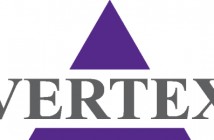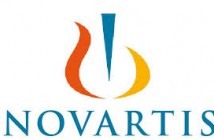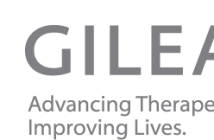The Phase IIa trial was a multi-center, randomized, double-blind, placebo-controlled trial of aramchol in 60 Non-alcoholic fatty liver disease, or NAFLD, and Non-Alcoholic Steato-Hepatitis, or NASH, patients in 12 centers in Israel. The trial demonstrated that aramchol may reduce liver fat in a dose dependent manner, as evidenced by a statistically significant reduction of liver fat over a three-month treatment period of once-daily 300 mg doses of aramchol, and may induce positive trends of changes in several metabolic parameters.
The trial’s primary efficacy end point was a reduction in liver fat content, without consideration of inflammation or fibrosis. The secondary efficacy end points measured differences between the aramchol-treated group and the placebo group with respect to alterations of liver enzyme levels, levels of adiponectin, homeostasis model assessment scores, and endothelial function. All endpoints were met and there were no notable changes in biochemical, hematological, cardiovascular or other safety parameters, or any observable serious or drug-related adverse events in the 58 patients who completed the trial either during the three-month treatment period or during the subsequent recovery period.
The company said that, later this year, it intends to begin a multi-center, randomized, double-blind, placebo-controlled, dose-ranging Phase IIb clinical trial of aramchol in 240 NASH patients who also suffer from obesity and insulin resistance. Shares are up 2.98% at $8.98 with a 52-week range of $6.38 – $18.73.




Pingback: Full Piece of writing
Pingback: https://www.kirklandreporter.com/reviews/phenq-reviews-fake-or-legit-what-do-customers-say-important-warning-before-buy/
Pingback: neptune mushrooms
Pingback: ทัวร์หลีเป๊ะ
Pingback: แทงบาสออนไลน์
Pingback: quik
Pingback: dee88
Pingback: fear of god essentials
Pingback: ไก่ตัน
Pingback: porn film
Pingback: YouTubeチャンネル運用
Pingback: carts for sale
Pingback: Tiger24
Pingback: SHOPEE สล็อต
Pingback: rechargeable disposable vape
Pingback: เกมพีจีเว็บตรง โบนัสแตกง่าย ฝากถอนเงินเร็ว
Pingback: เฟอร์นิเจอร์สไตล์มินิมอล
Pingback: lottorich28
Pingback: pođi na
Pingback: เทคนิคการเล่นบาคาร่า ขั้นพื้นฐาน
Pingback: pigspin
Pingback: ของพรีเมี่ยม
Pingback: สั่งซื้อ หวยออนไลน์ มีกี่ช่องทาง
Pingback: massage Bangkok
Pingback: มีบุตรยาก
Pingback: serviços it
Pingback: พลาสติกปูพื้นก่อนเทคอนกรีต
Pingback: pg168
Pingback: รถพยาบาล
Pingback: browse around here
Pingback: Buy Villa Phuket
Pingback: brians club
Pingback: sa789
Pingback: เช่าเครื่องสเลอปี้
Pingback: บริษัทรับสร้างบ้านเชียงใหม่
Pingback: ดูหนังรอยรักหนึ่งร้อยวัน
Pingback: ไข่สั่น
Pingback: clothing manufacturer
Pingback: elephant sanctuary chiang mai
Pingback: เครื่องเป่าแอลกอฮอล์